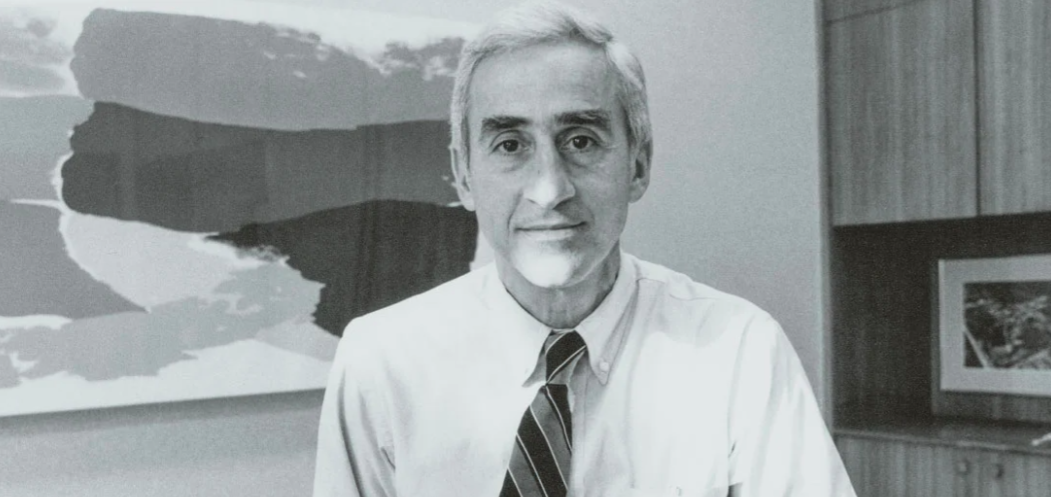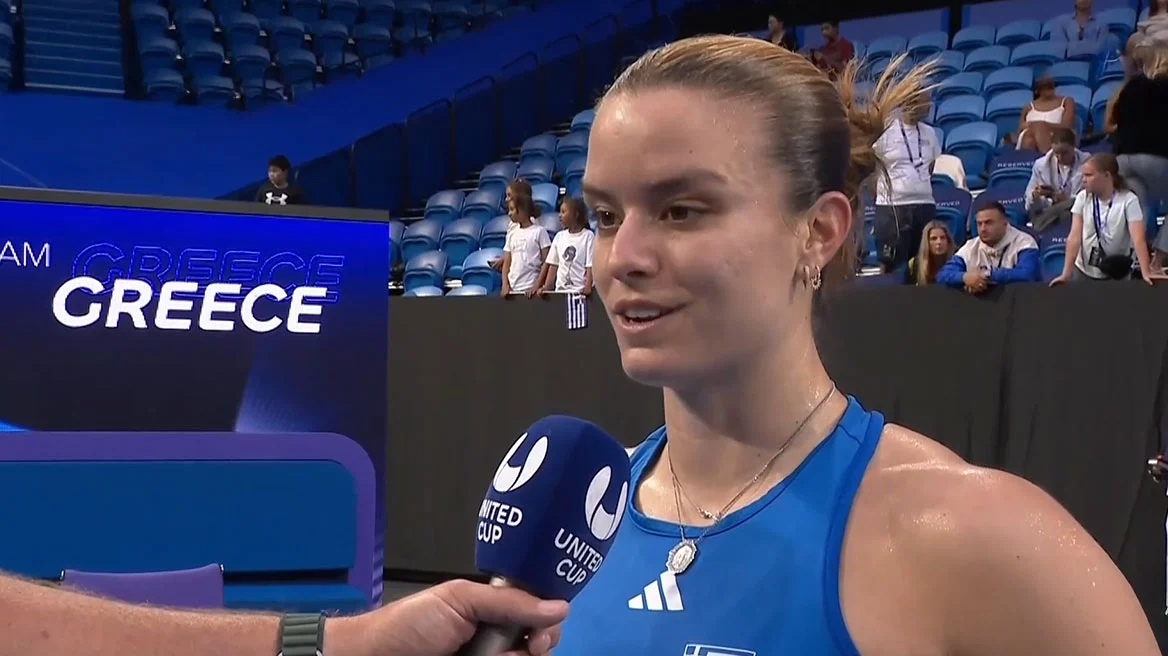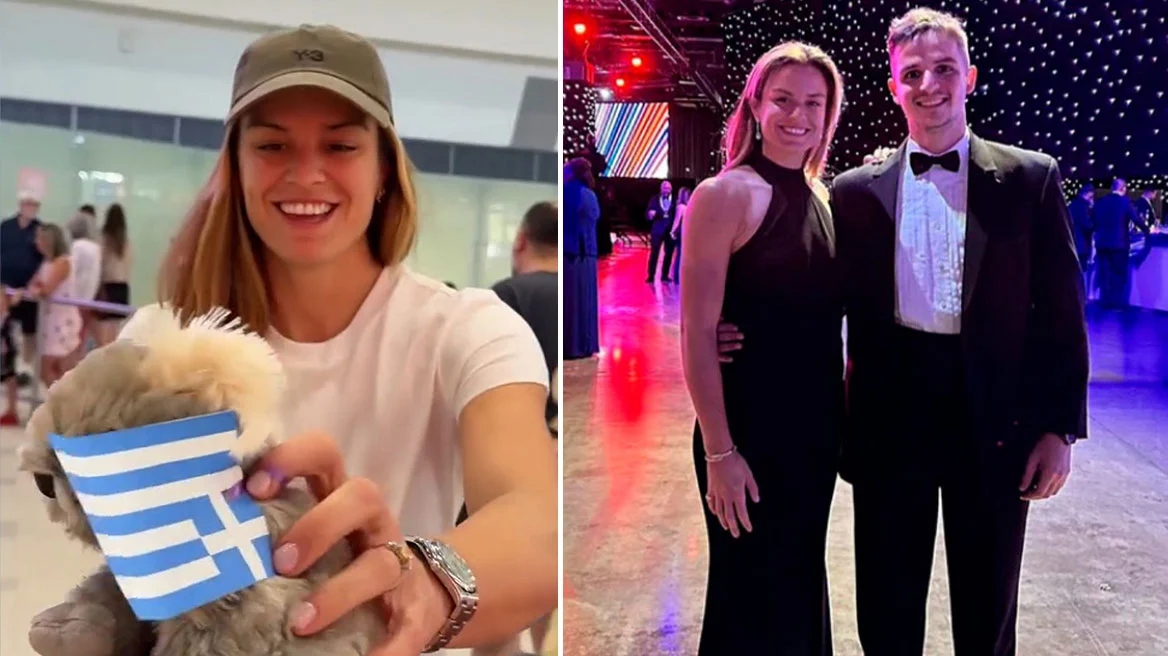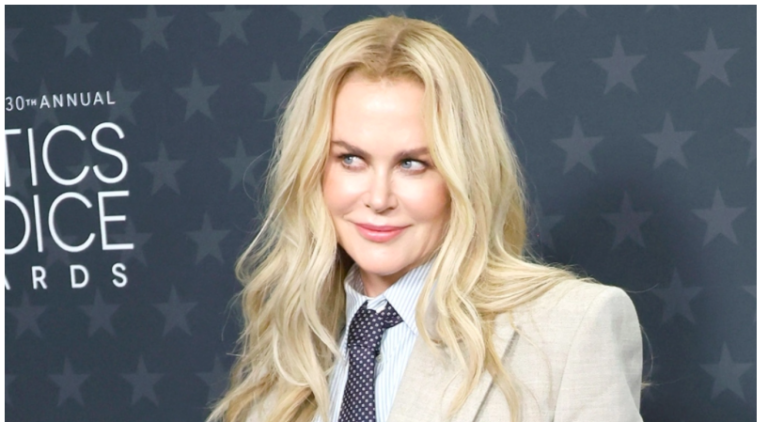In mid-April of this year, Columbia University, a distinguished member of the Ivy League alongside institutions like Harvard, Yale, and Princeton, became the epicenter of significant student protests triggered by the conflict in Gaza, which claimed thousands of civilian lives, including many children. The protests, fueled by anti-war sentiments, evolved into campus occupations and spread across various universities in the United States, sparking widespread unrest. While numerous universities sought to uphold the right to free expression, they also endeavored to prevent violence, extreme activism, or the rise of anti-Semitic incidents.
At Columbia, the occupation ended with the intervention of police forces and the evacuation of Hamilton Hall. Four months later, the repercussions of this movement are still felt, with one particularly troubling consequence: the withdrawal of numerous donors, many of Jewish descent, from supporting the university. American universities, including Columbia, rely heavily on donations to cover operational costs and to enhance the quality of education for undergraduate, graduate, and research students alike.
Columbia’s president, the distinguished economist Nemat Shafik, faced severe criticism for her perceived leniency during the protests and was ultimately forced to resign in August. Dr. Katrina Armstrong assumed the role of interim president. Yet, the financial blow to Columbia is significant, and there is no guarantee of restoring relationships with the former donors. Among those who have distanced themselves, according to The New York Times, are prominent figures such as Robert K. Kraft, owner of the New England Patriots NFL team, and the Russell Berrie Foundation, which had previously supported Columbia with donations totaling $86 million.
The university faced a challenging situation, but it found a guardian angel in Dr. Roy Vagelos, a Greek-American scientist, pharmacologist, and long-time supporter of Columbia. Vagelos, a renowned figure in pharmaceutical research, with nearly four decades of leadership at the helm of major American pharmaceutical companies, stepped in once again. Together with his wife, Diana, Vagelos made an extraordinary donation of $400 million, resolving the university’s emerging financial challenges. The couple’s generosity reverberated across the nation, receiving widespread praise.
This is not the first time the 94-year-old Vagelos, whose parents hailed from the Greek island of Lesbos, has donated to Columbia University, an institution with approximately 30,000 students and an illustrious history of nearly 100 Nobel laureates and three U.S. presidents: Theodore Roosevelt, Franklin D. Roosevelt, and Barack Obama. Columbia also boasts a presidential alum in Dwight D. Eisenhower, who served as its president before his tenure in the White House.
In previous years, Vagelos and his wife contributed $175 million in 2023 and $250 million in 2017. In total, the couple’s donations to Columbia Medical School exceed $900 million. When adding their contributions to other Ivy League institutions like the University of Pennsylvania ($98.5 million) and Barnard College ($55 million), their total donations exceed $1 billion—a remarkable figure even in the context of American university philanthropy. With a net worth of $1.2 billion, according to Forbes, Vagelos has donated nearly the equivalent amount to advance university education and research.
A Great Benefactor
It is no wonder that Roy Vagelos is regarded as a “great benefactor” of Columbia University. The medical school, Roy and Diana Vagelos College of Physicians and Surgeons (VP&S), named in their honor in 2017 following a $250 million donation, is renowned for producing leading doctors and pharmacists. Of this amount, $100 million was allocated to biomedical research, and the remaining $150 million provided scholarships for financially disadvantaged medical students. “There are no more fitting names to be associated with our medical school than those of Roy and Diana Vagelos, whose immense contributions to medicine, education, and science will benefit generations of students and patients,” said Columbia’s former president, Lee Bollinger.
VP&S is the first U.S. medical school to award a Doctor of Medicine (MD) degree in less than four years and the first to fully cover the financial needs of qualified applicants. The school’s transformation began in 2010, with an initial $50 million donation from the Vagelos couple for the construction of the Roy and Diana Vagelos Education Center, inaugurated in 2016. Their 2023 donation of $175 million established the Roy and Diana Vagelos Institute for Basic Biomedical Science, and the recent $400 million donation has fortified its mission.
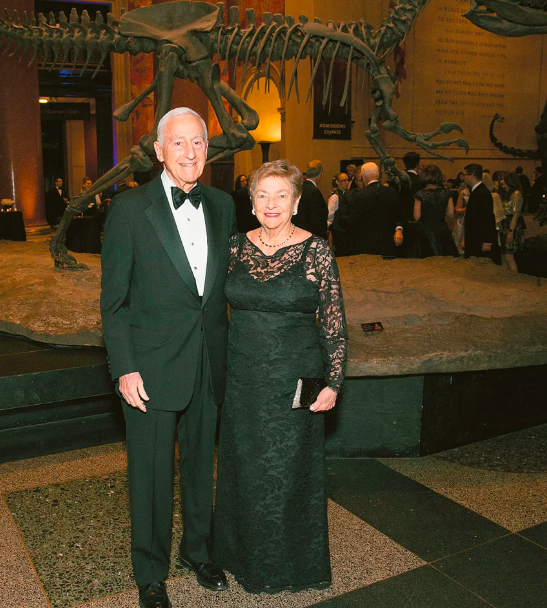
The funds will support the construction of the Vagelos Innovation Laboratories on Columbia’s Washington Heights medical campus, providing 17,000 square meters of new research space. Additionally, they will enhance Columbia’s programs in cellular engineering, gene therapy, and next-generation therapies for diseases such as cancer, immune disorders, and cardiovascular conditions. Columbia’s medical school, enrolling around 600 MD students annually, ranks among the top for both research and primary care. It was recently named the third-best institution globally for cardiology and cardiovascular diseases by US News & World Report.
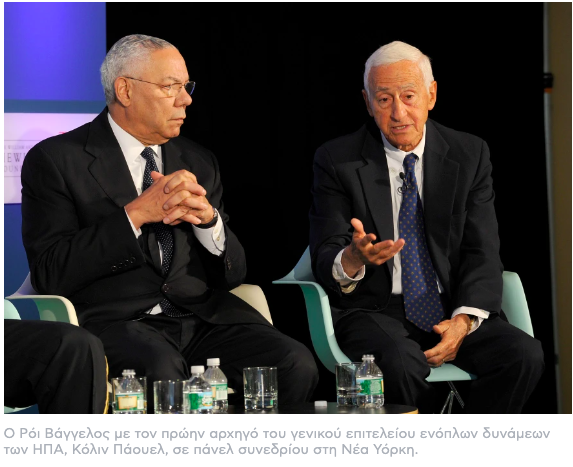
Beyond Columbia, the Vageloses also donated $98.5 million to the University of Pennsylvania, which funded programs like the Vagelos Integrated Program in Energy Research (VIPER), and $55 million to Barnard College, establishing the Diana Center, which supports STEM education and scholarships.
A Legacy of Philanthropy and Leadership
Born in Westfield, New Jersey, on October 8, 1929, to Greek immigrants Herodotus and Marianthi from the island of Lesbos, Roy Vagelos grew up immersed in Greek values. Originally named Pindaros after the ancient Greek poet, Vagelos adopted the name “Roy” for practical reasons, as Americans found the original difficult to pronounce.
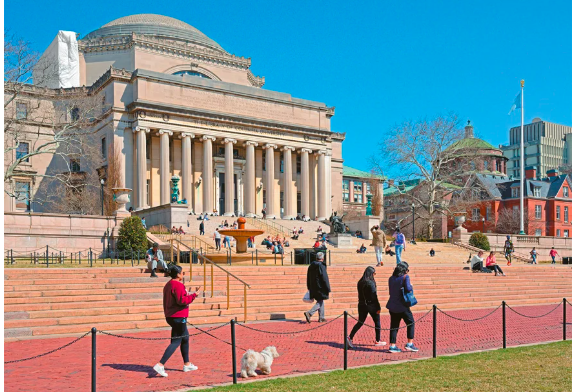
Despite a modest beginning, Vagelos’s life embodies the American Dream. His early curiosity about science was sparked by his interactions with Merck researchers, and his academic journey led him to the University of Pennsylvania, followed by Columbia’s medical school, where he met his wife, Diana, also of Greek descent. His career spanned roles at the National Institutes of Health and the University of Washington, where he pioneered the integration of undergraduate biology and medical school programs.
Vagelos’s tenure as CEO of Merck & Co. revolutionized the pharmaceutical industry. Under his leadership, Merck developed life-saving drugs for conditions like high cholesterol and hypertension and made groundbreaking decisions, such as offering ivermectin freely to combat river blindness in Africa, saving millions of lives.
Roy Vagelos is now a legend in the pharmaceutical world, known for turning scientific research into commercial success and making essential medicines accessible to millions.
Ask me anything
Explore related questions
